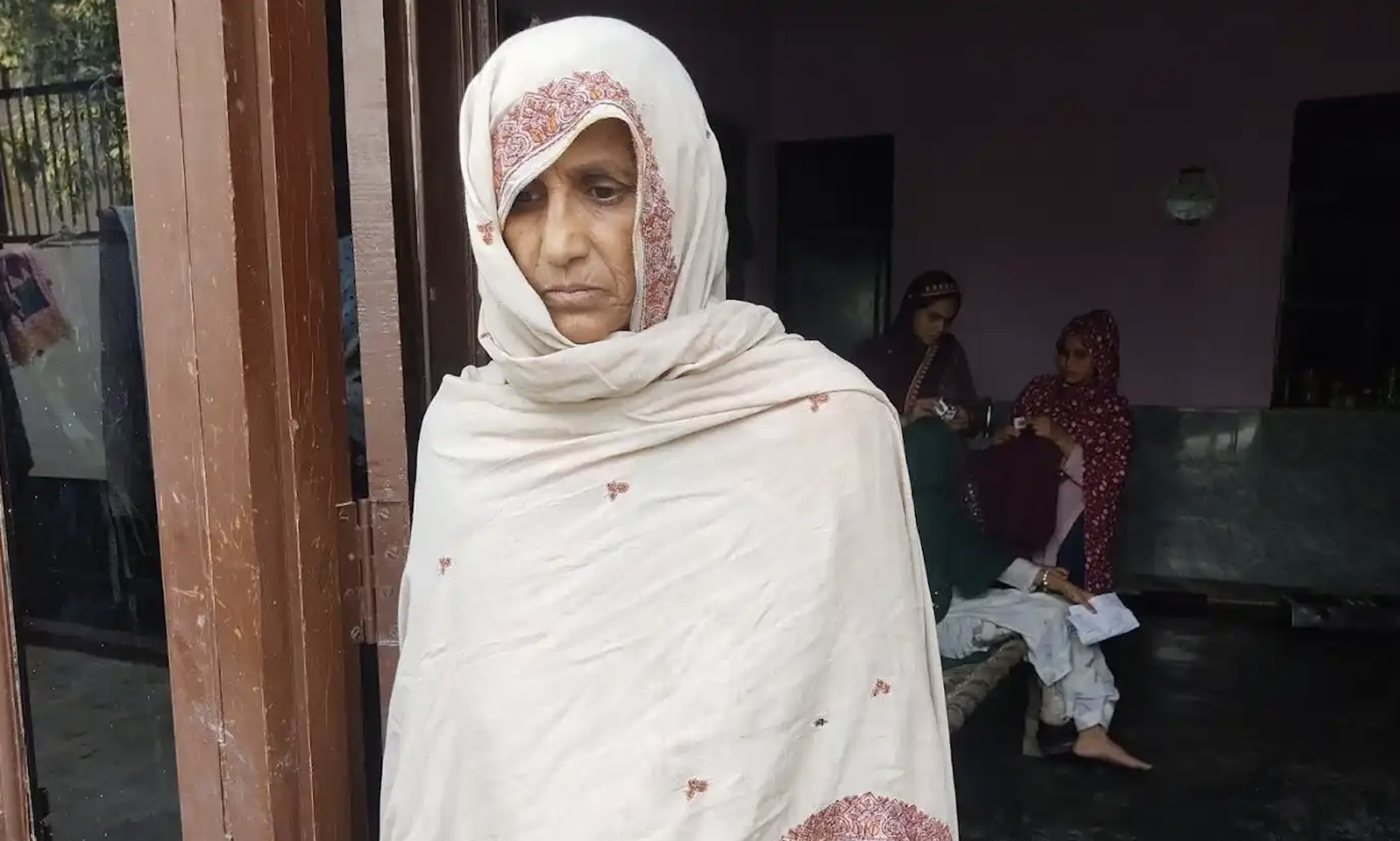
By AKANKSHA KUMAR
When I visited Nuh in Haryana in September last year, it was anything but easy trying to meet those affected by the communal violence in July 2023.
Lawyers representing the local Muslim men either were too busy or seemed reluctant to speak out amid the frenzy around the state assembly election due in a month.
Tracking down the family of Waseem Akram, who has been incarcerated for more than a year now, was indeed a task. Several calls and assurances of a fair portrayal finally led me to Akram’s house in Nalhar village.
His elder brother, Umar Din, was desperate to talk. Akram’s two other cousins—Shahun and Mohd Yousuf—also joined, hoping media coverage might help the case.
Their frustration stemmed from the fact that provisions related to India’s terror law, UAPA (or Unlawful Activities Prevention Act), added complexity to the case.
“Ek community ko dabane ki koshish hai” (It’s an attempt to suppress a community) was a common refrain in our conversation. The family, as anxious as it was, had questions regarding the use of UAPA in the case of the murder of a Bajrang Dal worker.
At the same time, Akram’s brothers rued how strained their ties had become with a temple nearby, which was at the heart of the communal brawl.
This story was originally published in article-14.stck.me. Read the full story here.

